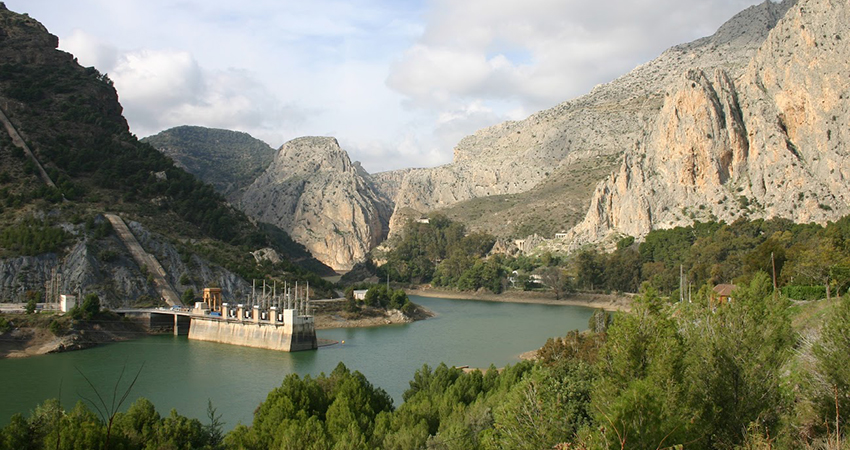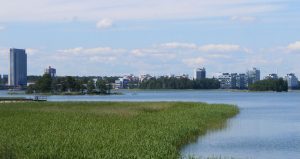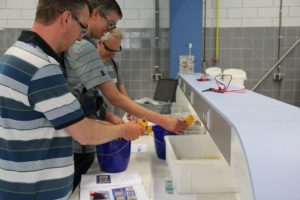Water and energy sector have to cooperate

-
 Esther Rasenberg
Esther Rasenberg
Share article:
No energy without water. And no water without energy. It is as simple as that. The complex ‘nexus’ between energy and water is getting more complicated every day due to the increasing fresh water shortage. Cooperation is needed to solve this problem.
Nowadays considering ‘water’ and ‘energy’ as separate utilities is a dead end street. Efficient ‘water-energy’ solutions are needed to safeguard our future that will be determined by climate change and population growth.
Growing gap
Energy production is for 90 per cent energy intensive and the production of water depends strongly on energy. That mutual dependency is intensifying due to the growing scarcity of energy and water. Not only more water is needed for gaining fossil fuels that are getting more and more difficult to reach, also more energy is needed for drilling, purifying and transporting water. The nexus between ‘water’ and ‘energy’ can easily lead to a gap, forcing priority to water or energy.
Water for Life
More and more international organizations are aware of the complex relation between water and energy. In their programme ‘Water for Life’ United Nations nominated the year 2014 as the year of ‘Water and Energy’. Also the World Bank and the World Business Council for Sustainable Development (WBSCD) and several industrial companies are paying attention to this topic. The oil company Shell is yet warning for years in their scenarios for the future for the tense relationship between water, food and energy. Shell produces every year more water than oil in order to gain fossil fuels.
According to the World Bank the demand for water is growing until 2035 with 35 per cent while the demand for water will grow with 85 per cent. For this reason, in 2013 the World Bank started the programme ‘Thirsty Energy’ to help governments looking for adequate solutions. Governments should take a lead in bringing together local water and energy companies.
Develop innovative tools
Brussels started under the programme European Innovation Partnership on Water (EIP) with the action group Water for Energy Framework W4EF in order to diminish the Water Footprint of Energy production. Stakeholders from the water and energy industry (Veolia, EDF and BP) are developing practical solutions. Developing tools to optimizing the Water Footprint, will be their first step.
The Water Footprint of energy
The Water Footprint Network developed the global water footprint for different forms of energy. Scores of fossil fuels don’t vary much. In that category gaining crude oil is the most water consuming. Far the most water is used for producing biobased fuels. Reducing the Water and Carbon Footprint seems only feasible if we turn over to solar or wind energy.
Failing research sustainable energy
Last year researchers of Massachusets Institute of Technology (MIT) published the study ‘Water–CO2 trade-offs in electricity generation planning’ to the coherence between water, energy and CO2. They were surprised by the lack of scientific research into that specific relation. We would have made different choices regarding alternative energy if we had looked into this aspects befor, concluded researcher Mort Webster after his study. In the meantime it has become clear that de production of biofuels is not only competing with the production of food, but also is very water intensive. Far not so sustainable as we hoped for.
Local solutions are needed
The kick-off of the year of Water and Energy took place in Zaragoza in Spain. A group of 120 experts came together to talk about solutions. ‘The water and energy sector need to work together intensively’, was the main outcome of the conference. That may become difficult because the differences between the two sectors are big. It also became clear that there is no generic solution. Local partners have to look together for local solutions. This approach is a crucial success factor.
Awareness
For now there is no policy available to help making choices. An important aspect in finding solutions is the fact that 90 per cent of the energy is used for heating water in households. For example for showering and cooking. The only way of achieving results is creating public awareness, stimulating local cooperation and good governance.













